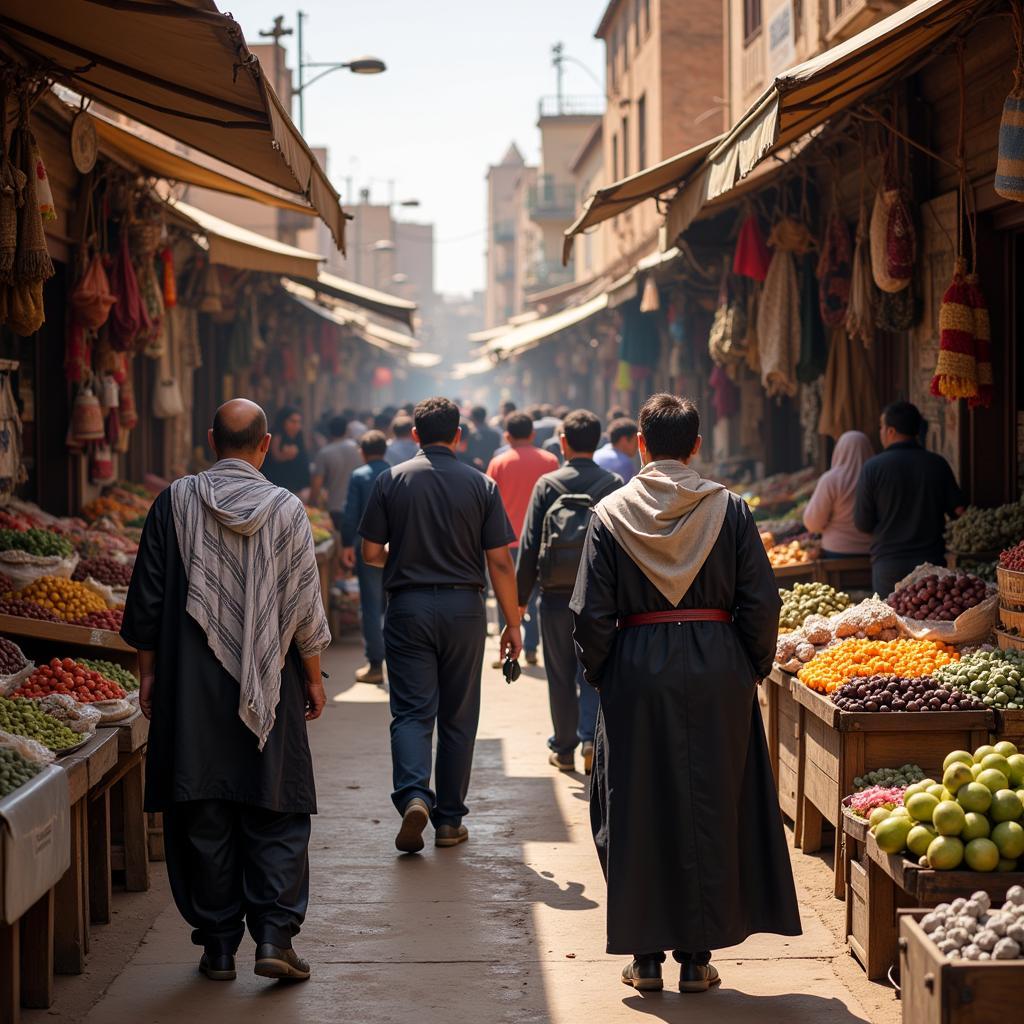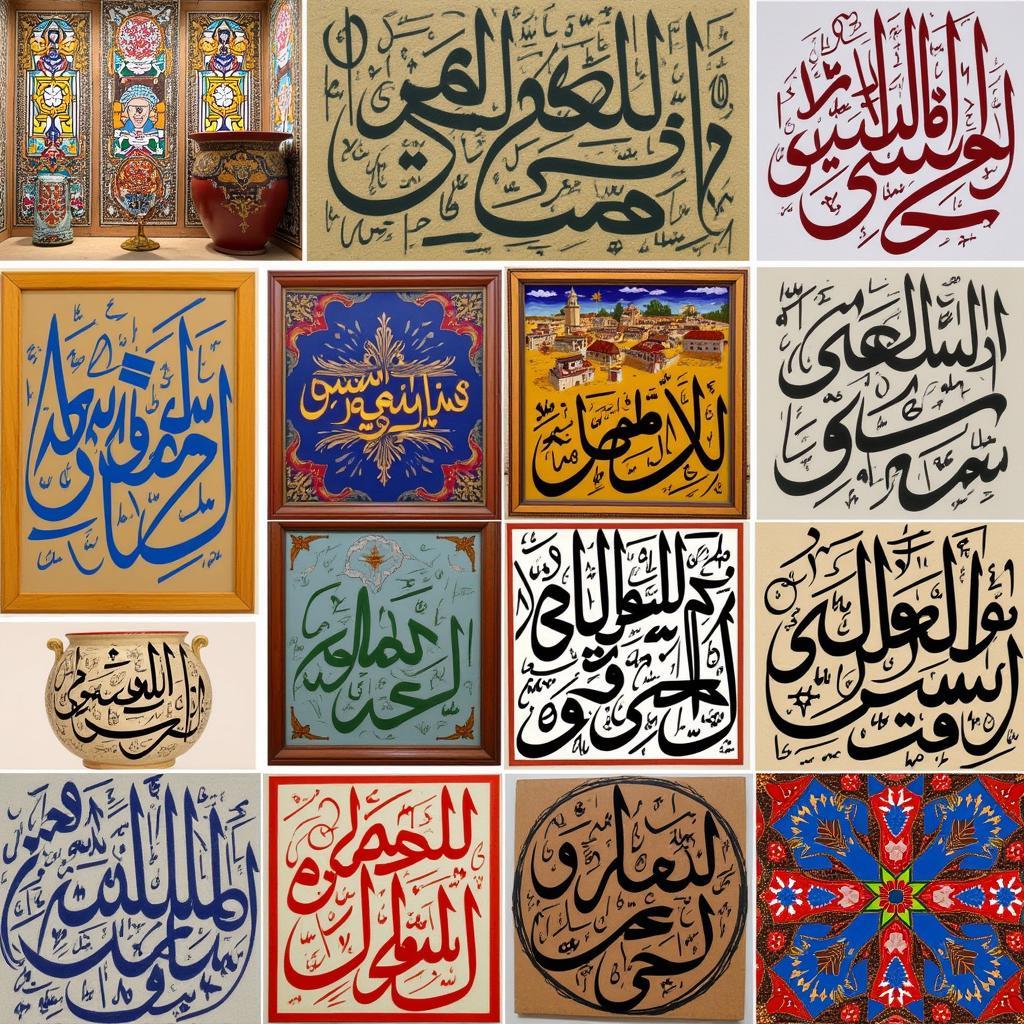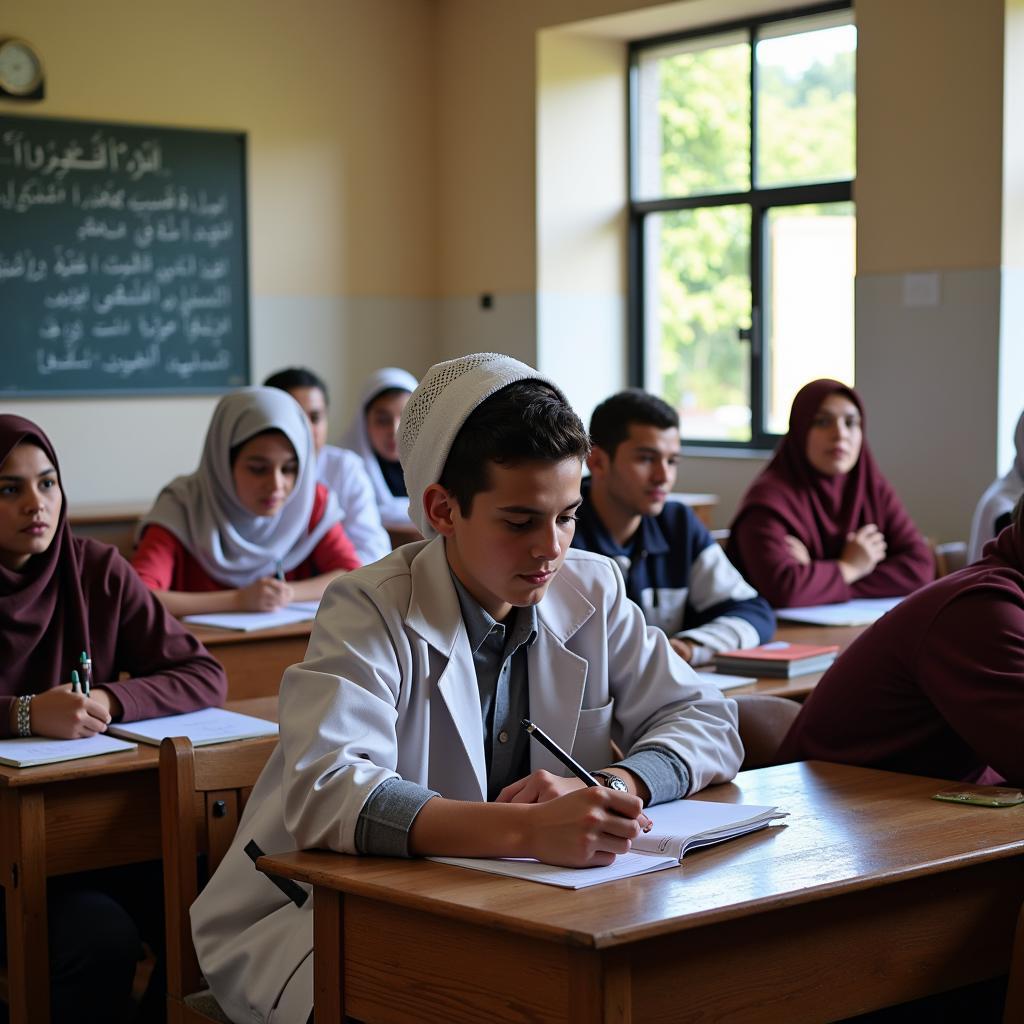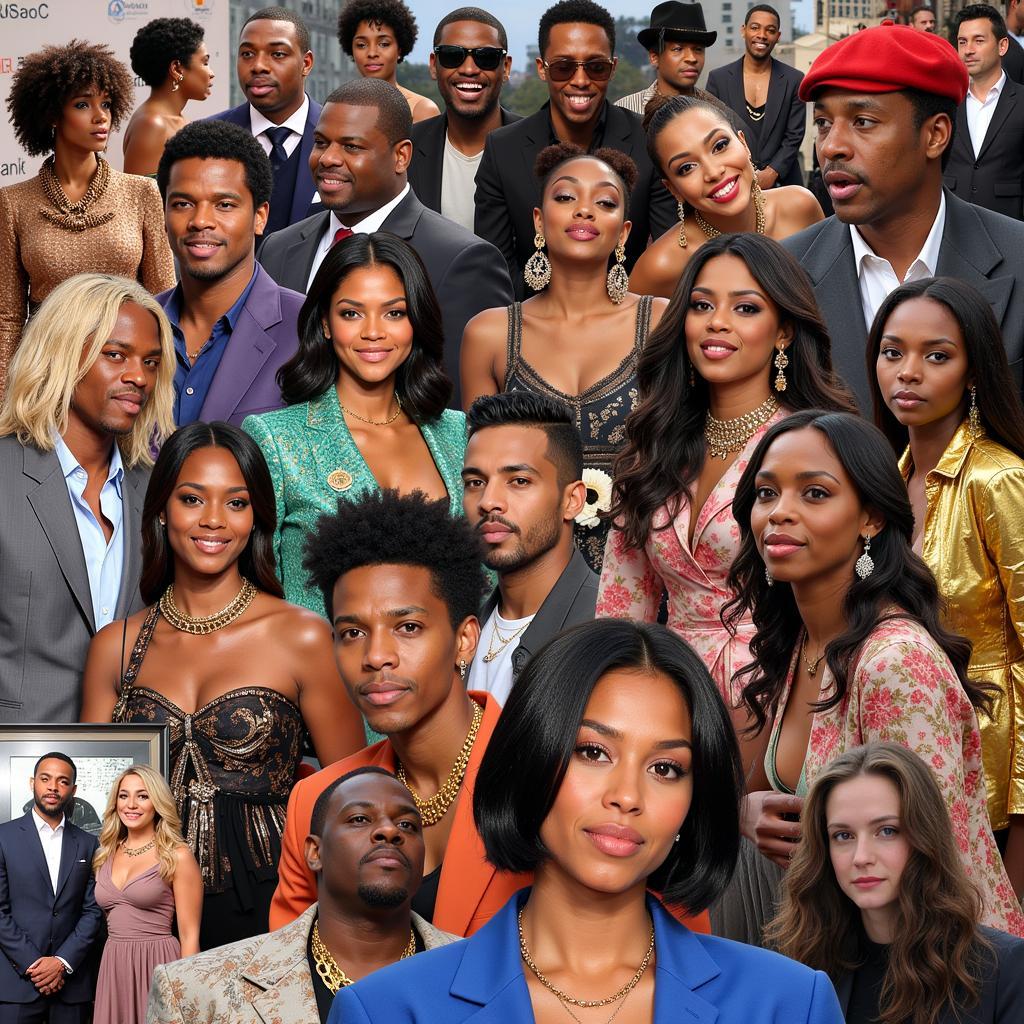African Countries with Arabic as a National Language
Arabic’s influence across Africa is a testament to centuries of trade, cultural exchange, and shared history. Many might be surprised to learn just how many African countries recognize Arabic as a national or official language. This article delves into the rich tapestry of these nations, exploring the historical context, cultural nuances, and modern-day implications of this linguistic connection.
Many North African nations have adopted Arabic, influenced by the spread of Islam. However, the story is far more nuanced than simple religious adoption. It’s a tale of trade routes, intellectual exchange, and the evolution of language itself. Let’s explore the specific countries where Arabic holds a prominent place.
Exploring the North African Arabic-Speaking Nations
North Africa is the region most closely associated with Arabic as a national language. The historical and cultural ties to the Arab world are deep-rooted here.
Morocco: A Blend of Arabic and Berber
In Morocco, Modern Standard Arabic (MSA) shares official status with Berber. Darija, a Moroccan Arabic dialect, is the most widely spoken language in everyday life. This vibrant dialect reflects the country’s unique cultural blend, incorporating influences from Berber, French, and Spanish. The interplay of these languages creates a dynamic linguistic landscape.
 Moroccan Arabic Speakers Engaging in Daily Conversation
Moroccan Arabic Speakers Engaging in Daily Conversation
Algeria: Where Arabic and French Coexist
Algeria recognizes Arabic as its official language. French, a legacy of colonial history, still holds a significant presence, particularly in education and government. This dual linguistic reality reflects Algeria’s complex historical trajectory.
Tunisia: The Heart of Carthaginian History and Arabic Language
Tunisia, with its rich Carthaginian history, also designates Arabic as its official language. While French is commonly used in commerce and tourism, Arabic remains central to Tunisian identity.
 Examples of Tunisian Arabic Calligraphy in Various Artistic Forms
Examples of Tunisian Arabic Calligraphy in Various Artistic Forms
Libya: A Nation Navigating Linguistic Diversity
Libya recognizes Arabic as its official language. However, several other languages, including Berber and Italian, are also spoken, reflecting the country’s diverse cultural influences.
Egypt: The Cradle of Arabic Literature and Culture
Often considered a cornerstone of the Arab world, Egypt has Arabic as its official language. Egyptian Arabic, a widely understood dialect, plays a significant role in media and popular culture across the region.
Beyond North Africa: Arabic’s Reach in East Africa
While less prevalent than in the north, Arabic also holds a significant presence in East Africa, primarily due to historical trade links and the spread of Islam.
Comoros: An Island Nation with Arabic Influence
The Comoros, an archipelago off the coast of East Africa, recognizes Arabic as an official language alongside French and Comorian.
 Students Learning Arabic in a Comorian School
Students Learning Arabic in a Comorian School
Other African Countries with Arabic Connections
Several other African countries, such as Mauritania, Sudan, and Somalia, also have strong ties to Arabic. While the exact status of Arabic may vary, it often plays a crucial role in religious and cultural life. For example, in Mauritania, while Hassaniya Arabic (a local dialect) is widely spoken, Modern Standard Arabic is the official language used in government and education.
Why is Understanding Arabic’s Presence in Africa Important?
Knowing which African countries have Arabic as a national language opens doors to understanding the continent’s diverse cultural tapestry. It highlights the historical interconnectedness of different regions and underscores the power of language in shaping identities. You might find it interesting to explore which African countries share border with Indian ocean. Or perhaps delve into the world of African actress name. For practical information, don’t miss our guide on African countries their capitals and currencies. Visual learners will appreciate our African countr in map. And for a taste of modern African culture, check out African hip hot.
Conclusion
The presence of Arabic as a national language in various African countries is a testament to the rich and complex history of the continent. From the bustling markets of Morocco to the island nation of Comoros, Arabic weaves a thread through diverse cultures, reflecting centuries of interaction and exchange. Understanding this linguistic landscape allows us to appreciate the depth and breadth of African heritage.
FAQ
- Is Arabic the most spoken language in Africa? No, while widely spoken, various other languages, including Swahili, Hausa, and Yoruba, have larger speaker populations.
- What is the difference between Modern Standard Arabic and dialects? MSA is the formal, standardized version used in writing and formal settings, while dialects are spoken variations used in everyday communication.
- Why do some African countries have multiple official languages? This often reflects the linguistic diversity within the country and the influence of historical factors like colonization.
- Is it difficult to learn Arabic? Like any language, learning Arabic requires dedication. However, its rich literary tradition and cultural significance offer rewarding learning experiences.
- How has Arabic influenced African culture beyond language? Arabic’s influence extends to art, architecture, music, and cuisine, enriching the cultural landscape of numerous African countries.
- Which country has the largest Arabic speaking population in Africa? Egypt has the largest Arabic-speaking population in Africa.
- Are there any online resources to learn more about Arabic in Africa? Yes, numerous websites and online courses offer resources for learning Arabic and exploring its presence in Africa.
Other Questions You Might Have
- What are some common phrases in North African Arabic dialects?
- How has the use of Arabic changed in African countries over time?
- What are the challenges faced by Arabic speakers in different parts of Africa?
For further exploration, check out our other articles on related topics.
When you need assistance, please contact us at Phone Number: +255768904061, Email: [email protected] Or visit us at: Mbarali DC Mawindi, Kangaga, Tanzania. We have a 24/7 customer service team.

